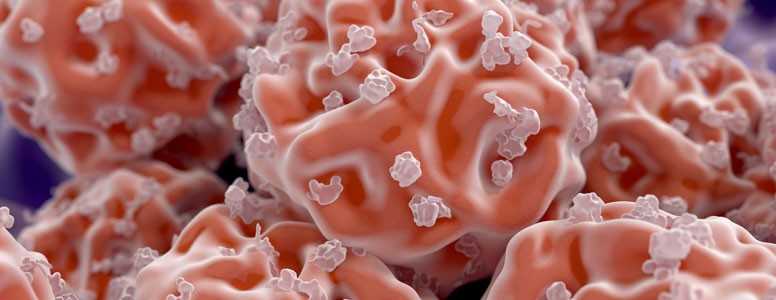German researchers believe type 2 diabetes and chronic pancreatitis could have similar causes.
People with type 2 diabetes and those with diabetes that has arisen as a result of chronic pancreatitis have been shown to have similarities in certain biological responses to blood glucose and hypoglycemia.
The study, by St. Josef Hospital located in Bochum, indicate a “common etiology” between the two conditions which could impact further research into their association.
Chronic pancreatitis is a long-term condition where the pancreas is permanently damaged through inflammation. Severe abdominal pain is a common symptom as is nausea and vomiting.
Previous studies have identified that development of type 2 diabetes is more likely in people with chronic pancreatitis, which inspired Dr Lena Mumme and colleagues to examine similarities in their development.
The researchers investigated 10 people who had type 2 diabetes as a result of chronic pancreatitis and compared them to 13 people with type 2 diabetes and 10 others who did not have either condition. They then measured health markers using a stepwise hypoglycemic clamp and oral glucose tolerance test (OGTT).
Mumme’s team found that people with type 2 diabetes and those with diabetes secondary to chronic pancreatitis had similar impaired aplha cell reactions to oral glucose ingestion as well as hypoglycaemia.
These alpha-cells are responsible for making up to 20 per cent of the human islet cells synthesizing and secreting the hormone glucagon, which increases blood glucose levels.
Those with diabetes and chronic pancreatitis and people with just type 2 diabetes had higher blood glucose levels as well as lower glucagon levels during hypoglycemia.
“The increase in glucagon during the clamp was inversely related to the glucose-induced glucagon suppression and positively related to beta cell function. Growth hormone responses to hypoglycemia were lower in patients with type 2 diabetes but not in patients with chronic pancreatitis,” wrote the authors.
The findings led the researchers to conclude: “a-cell responses to oral glucose ingestion and to hypoglycaemia are disturbed in patients with diabetes and chronic pancreatitis and in patients with type 2 diabetes. The similarities between these defects suggest a common etiology.”
The results were published in the journal Diabetes Care.
What's new on the forum? ⭐️
Get our free newsletters
Stay up to date with the latest news, research and breakthroughs.





